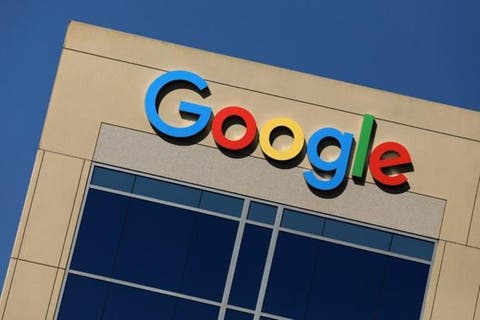Googles Bold Claim On Parrarel Universe
Google’s recent announcement of its latest quantum computing chip, Willow, has sent ripples through the scientific community. The chip’s unprecedented performance, as claimed by Google, has led to a fascinating debate about the nature of reality itself.
Hartmut Neven, the founder of Google Quantum AI, has made a bold assertion: the extraordinary performance of Willow suggests the existence of parallel universes. He posits that the chip’s ability to execute computations in mere minutes that would take classical supercomputers billions of years can only be explained by tapping into the computational power of these alternate universes.
While this idea may sound like the stuff of science fiction, it aligns with the theories of renowned physicists like David Deutsch, who have explored the concept of the multiverse. However, skeptics remain cautious, questioning the validity of the benchmark used to measure Willow’s performance. They argue that the benchmark was developed by Google itself and may not be a truly objective measure.
Quantum computing, with its reliance on quantum bits or qubits, offers the potential to revolutionize various fields, from materials science to drug discovery. By harnessing the power of quantum entanglement, these devices can perform complex calculations at speeds far beyond the capabilities of classical computers.
As research in quantum computing progresses, we may uncover even more astonishing insights into the fundamental nature of reality. Whether or not Google’s claims about the multiverse are substantiated, the development of advanced quantum technologies promises to reshape our understanding of the universe and its infinite possibilities.
















